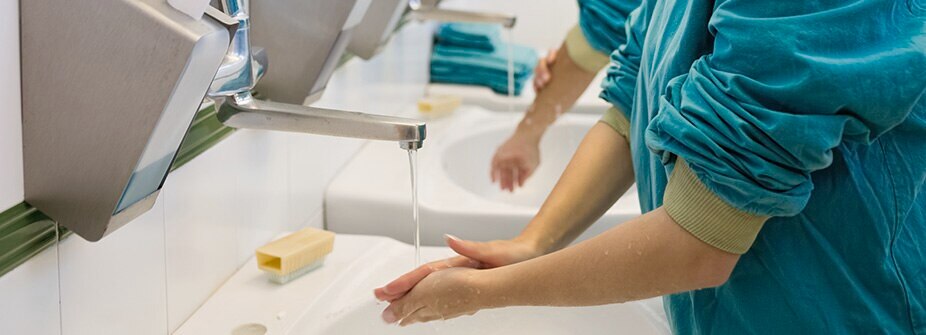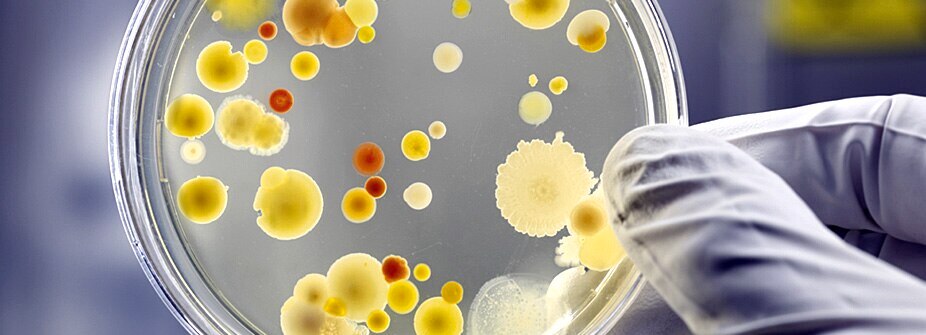Bugs exist everywhere – outdoors, indoors, at home, at work, etc. In hospitals, they do more than merely exist – they thrive. In semi closed, high traffic places full of sick people they can ‘evolve’ in different ways that could result in germs that are resistant to antibiotics. They spread quickly through human contact and attack immuno-compromised patients. Every hospital has its own drug-tolerant population, and this makes handwashing in hospitals all the more critical.
Fortunately, most hospitals know handwashing with germ protection soap is integral to preventing the spread of infection. Every staff member in a hospital knows that continually washing their hands with soap is one of the best ways to prevent the spread of germs.
Hand washing in hospitals and the surgical hand washing procedure
Surgeons have a particular responsibility to thoroughly disinfect their hands because of their direct contact with patients. A lack of sterilisation could have very serious consequences, so surgeons are advised to prepare for operations (‘scrub in’) using the following surgical handwashing steps 1:
1. Ensure that your facemask is comfortable and secure, and that your hands and arms are completely bare
During this surgical handwashing procedure, surgeons must operate taps and soap dispensers with their elbows, making sure to keep their hands above the level of their elbows to prevent contamination. If they touch anything else during the process, they must restart.




